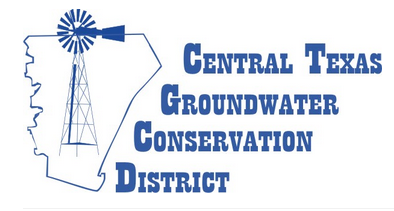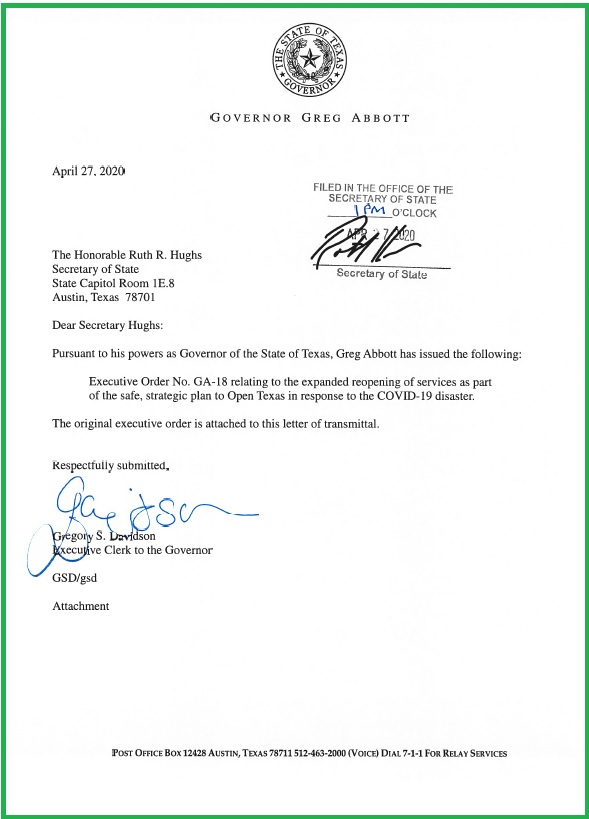HB 3677 would dissolve Burnet County's groundwater district

Visit the Central Texas Groundwater Conservation District website, www.centraltexasgcd.org, to see aquifer maps, rainfall records and more details about the district and water conservation.
By Lew K. Cohn
Managing Editor
Burnet Bulletin
Burnet County commissioners on Tuesday, March 14, discussed a bill pending before the Texas House of Representatives, House Bill 3677, which would eliminate the Central Texas Groundwater Conservation District in Burnet and force the county to consolidate with four other counties into a single Heart of Texas Aquifer District.
Charles Shell, general manager of the Central Texas Groundwater Conservation District (CTGCD), told commissioners the bill just filed Friday by state Rep. Jason Isaac is “alarming” as it would dissolve the organization, which was created by the citizens of Burnet County to manage and oversee groundwater within the county.
The new bill not only would eliminate CTGCD on Jan. 1, 2019, but also would eliminate the Blanco-Pedernales Groundwater Conservation District, the Comal Trinity Groundwater Conservation District, the Cow Creek Groundwater Conservation District in Kendall County and the Hays Trinity Groundwater Conservation District, replacing them with a Comal County-based Heart of Texas Aquifer District to which each of the five counties' commissioners courts would be allowed to appoint a single director. These directors would serve staggered four-year terms.
Shell expressed concern that Burnet County, which is located on the Northern Trinity Aquifer, would be lumped into a district with Blanco, Comal, Hays and Kendall counties, which are part of the Hill Country Trinity Aquifer, as the Colorado River serves as the dividing line between these two bodies.
“Central Texas GCD does not share the same aquifers or hydrogeologic conditions as the other counties in the proposed district,” Shell said. “The two sections (of the Trinity Aquifer) are divided by the Colorado River and have virtually no hydrogeologic connection across this boundary.”
Shell also noted Burnet County contains three Llano Uplift aquifers — Ellenburger-San Saba, Marble Falls and Hickory — which are only shared with Blanco County among the new district proposed by Isaac.
“The hydrogeology of the Llano Uplift region is highly complex with numerous fault lines that can serve as hydrologic barriers,” he said. “This presents a unique case where fault blocks restrict flow between counties and even within counties, thus making local control of these resources extremely important. Broadening the managing area of these aquifers simply does not constitute for better management.
“As a landowner and as a citizen, my thoughts it would be wrong to do away the enabling legislation for what the citizens of this county voted,” Shell added.
Burnet County Judge James Oakley said he, too, would “oppose the nature of something that comes in to dissolve what our local voters created.”
Commissioners expressed their opposition to the bill and vowed to convince representatives, including state Rep. Terry Wilson, R-Marble Falls, to stop the bill from passing.
Highland Haven Mayor Olan Kelley also spoke to commissioners about Senate Bill 2 and House Bill 15, which both would lower the threshold at which local governments could raise their tax rates without requiring a rollback election on the new rate from an eight-percent increase to a four-percent increase.
The Senate Finance Committee began discussing Senate Bill 2, authored by state Sen. Paul Bettencourt, R-Houston, shortly after 9 a.m. Tuesday.
“We are a 65-year-old community but we have no business and we must use property taxes to fund city services,” Kelley said. “If the Legislature approves a four-percent cap, we will be behind a rock and a hard place very quickly. It would seriously impact our ability to do what the city needs to do.”
Oakley said he has not heard of a single city or county that has endorsed Senate Bill 2. He said the move seems to be generated to push more reliance on sales taxes to fund city services in order to provide property tax relief to residents, but noted that would be difficult for communities like Highland Haven, where there is very little sales tax generated, if any.






